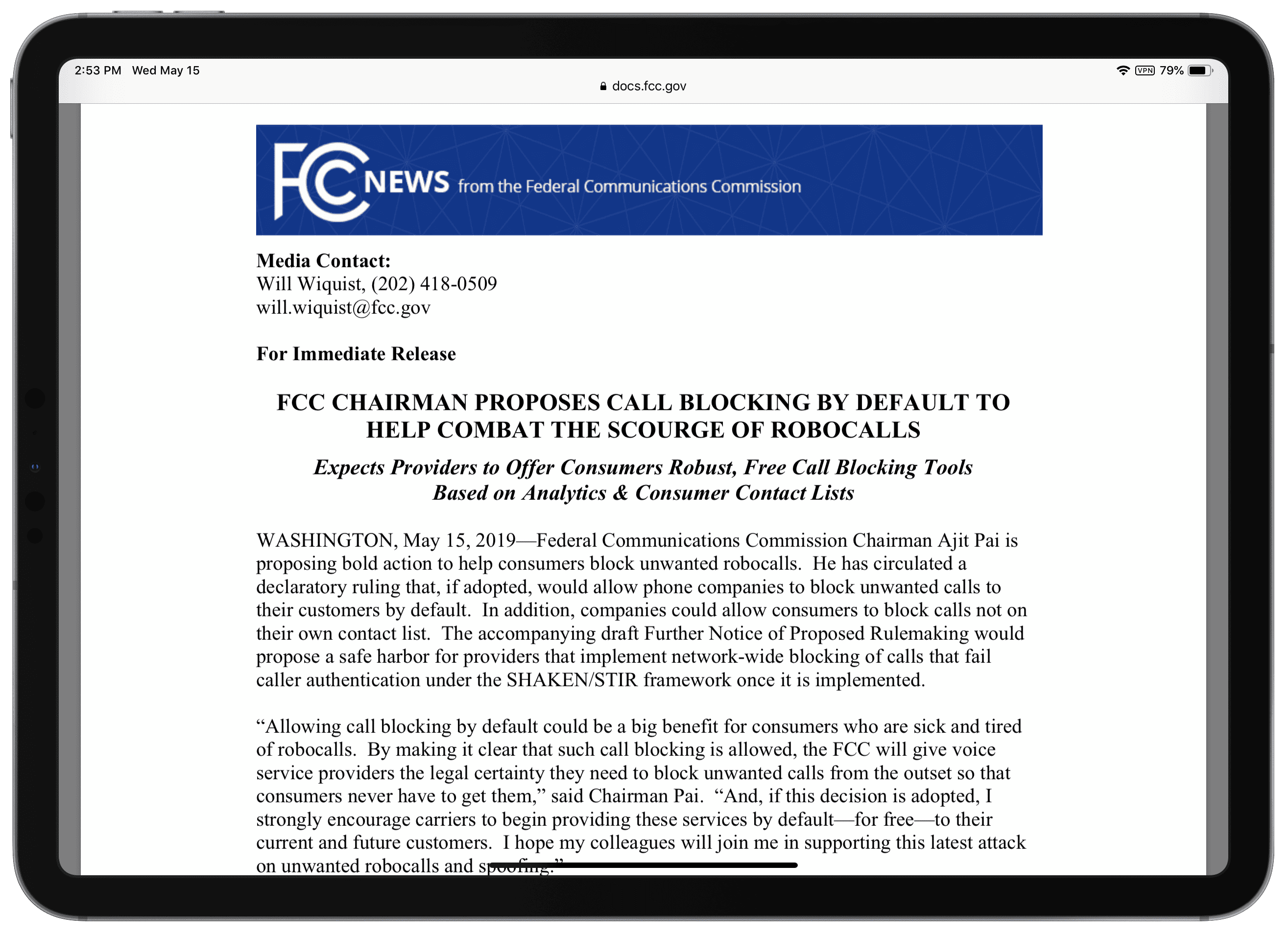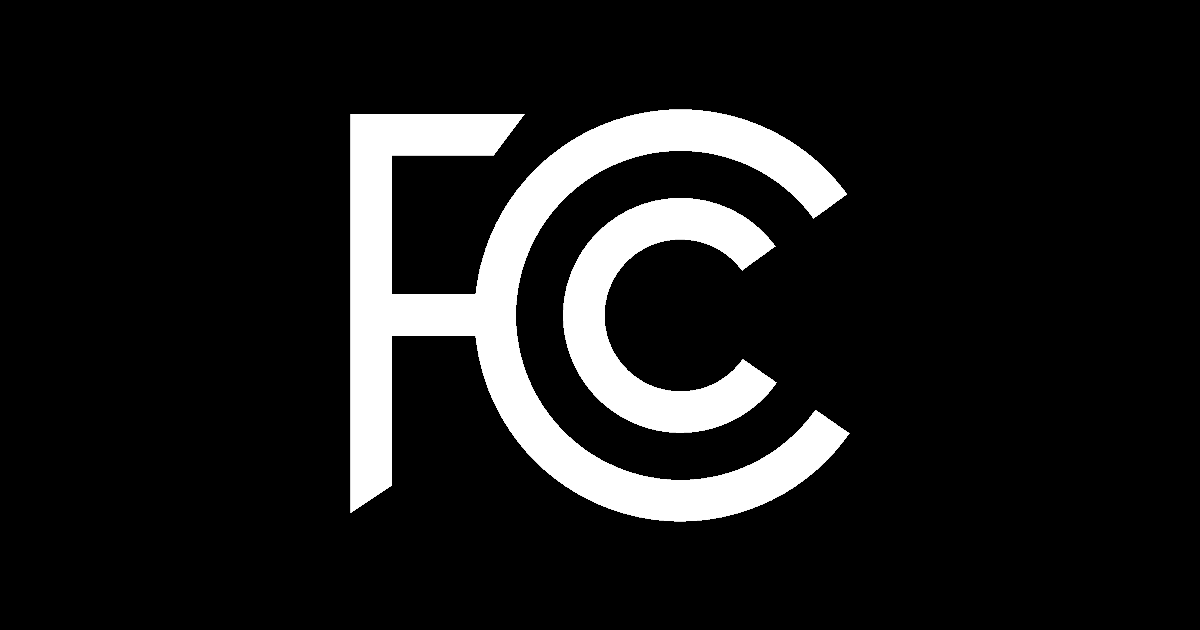The FCC is calling on carriers to start automatically blocking robocalls by default, for free. So far the agency isn’t making this a requirement, but Ajit Pai is proposing rule changes [PDF] to remind carriers that yes, this option is available.
Blocking Robocalls by Default
Mr. Pai’s proposed declaratory ruling mentions that most carriers haven’t developed call-blocking tools by default because of uncertainty over their legality. He says the uncertainty comes from a 2015 FCC order where the agency “Suggested that its rules and regulations wouldn’t prohibit call-blocking services to the extent that consumers opted into them.”

The telecom industry interpreted that to mean default blocking would be illegal, although that isn’t the case:
By making it clear that such call blocking is allowed, the FCC will give voice service providers the legal certainty they need to block unwanted calls from the outset so that consumers never have to get them. And, if this decision is adopted, I strongly encourage carriers to begin providing these services by default—for free—to their current and future customers. I hope my colleagues will join me in supporting this latest attack on unwanted robocalls and spoofing.
However, as ArsTechnica points out, telling carriers they can block robocalls by default doesn’t mean they will. For example, in 2015 the FCC said that carriers have the “green light” to offer robocall-blocking services. But in 2016 AT&T CEO Ronald Stephenson said his company didn’t have the appropriate authority or permission to do so.
The measures will be considered by the FCC at its June 6 Open Commission Meeting.
Further Reading:

The phone users want robocalls blocked by default,